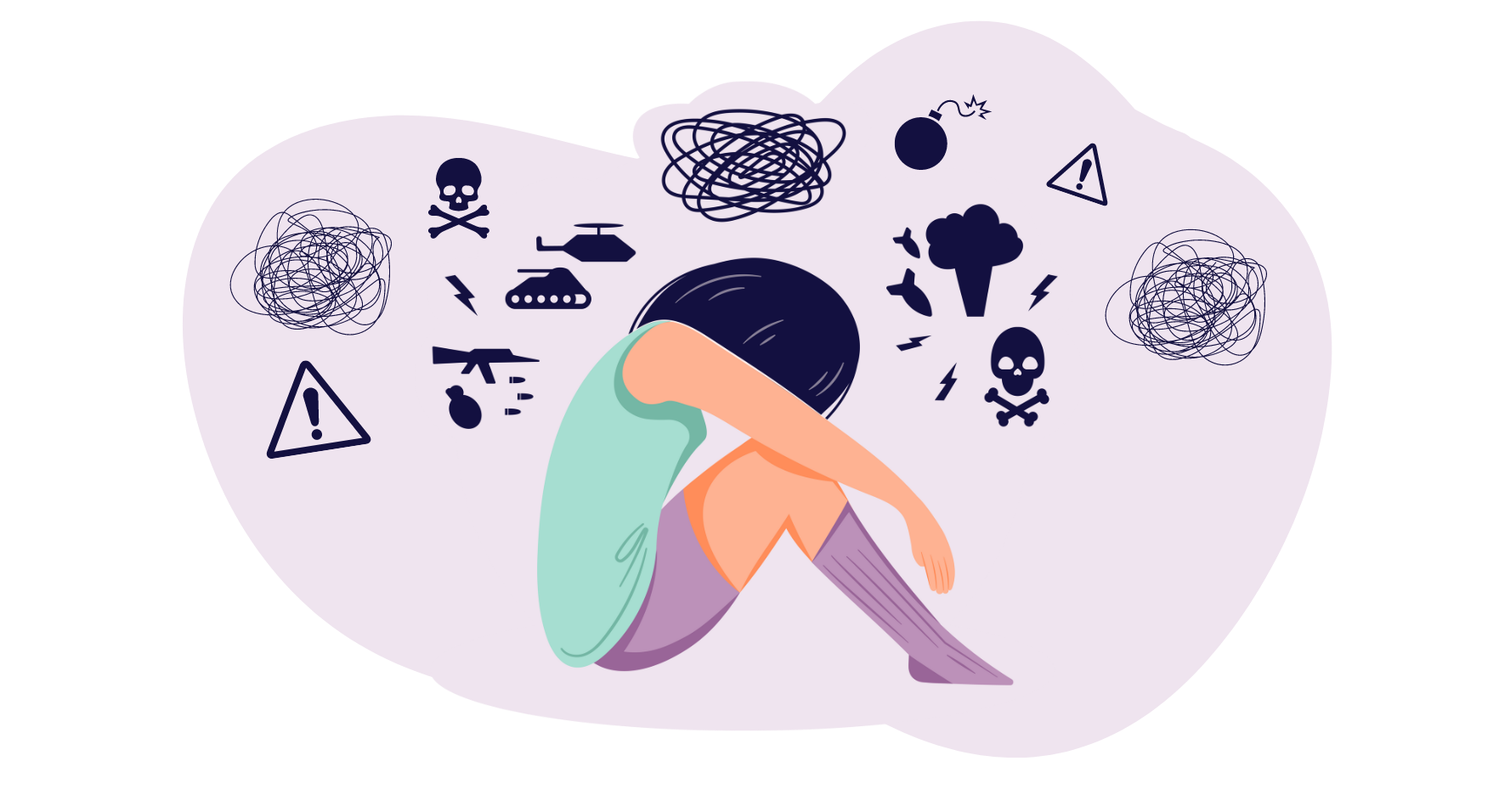March 28th, 2024

Childhood is often depicted as a time of innocence and joy, but for many, it can be filled with challenges and adversity. Traumatic experiences during childhood can leave enduring marks, significantly influencing an individual’s life path and personal development. Keep reading to explore and unravel the complex nature of childhood trauma while gaining insight on its lasting effects through life.
Childhood trauma encompasses a broad range of experiences, including physical, emotional, and sexual abuse, neglect, household dysfunction, and community violence. The seeds of childhood trauma are planted in early experiences, shaping the course of individuals' lives and leaving lasting effects on their health and well-being. These experiences disrupt a child's sense of safety and security, thus shattering the foundation upon which healthy development depends. Instead of carefree days filled with play and exploration, trauma survivors navigate a landscape marked by fear, pain, and uncertainty.
The foundations of childhood trauma are often laid in the realm of adversity, where children are exposed to multiple stressors that challenge their sense of safety and security. Each experience chips away at the protective barriers that shield children from harm, leaving them vulnerable to the toxic effects of trauma.
Early experiences play a critical role in shaping the developing brain, laying the groundwork for cognitive, emotional, and social functioning. The brain is particularly malleable during the early years of life, with rapid growth and synaptic pruning occurring in response to environmental stimuli. Traumatic experiences during this sensitive period can disrupt neural circuits involved in stress regulation, emotional processing, and social interaction, thus altering the trajectory of brain development and making individuals more susceptible to a host of physical and mental health problems.
Early experiences of trauma can also leave lasting psychological scars, shaping the way individuals perceive themselves, others, and the world around them. Children who experience trauma may develop maladaptive coping strategies, such as avoidance, dissociation, numbing, or aggression as they struggle to navigate the overwhelming emotions elicited by their experiences.
These coping strategies, while adaptive and helpful in the context of trauma, can become ingrained patterns of behavior that persist into adulthood, contributing to the continuation of cycles of dysfunction and distress.
The effects of childhood trauma extend beyond the individual as well, influencing family dynamics, social relationships, and community cohesion. Children who experience trauma may struggle to form secure attachments with caregivers, leading to difficulties in regulating emotions and forming healthy relationships later in life.
Understanding the roots of childhood trauma is crucial for informing efforts to prevent and mitigate its effects. Early intervention and support can disrupt the cycle of trauma, offering children and families the opportunity to heal and thrive.
The symptoms of childhood trauma can manifest in various ways during adulthood, often affecting an individual's emotional, psychological, and physical well-being. A few of these symptoms may include:
Childhood trauma casts a long shadow on individuals, leaving lasting imprints on their lives and shaping their experiences well into adulthood. Coping with and healing from childhood trauma can be a challenging journey, but with the right strategies and support it is possible to reclaim one's life and cultivate a sense of resilience and well-being.
Clarity Clinic is the best mental health clinic near you! We understand the profound impact that early adversities can have on your life, and we're here to tell you that you don't have to navigate this journey alone. Our compassionate team of therapists specializes in a wide range of mental health services to treat addiction, ADHD, anxiety, bipolar disorder, depression, and more.
We offer personalized care designed to meet your unique needs. Whether you're struggling with the lingering effects of childhood trauma, eating disorders, or facing other mental health challenges, we're here to provide the support you deserve. Our clinic offers a safe and welcoming environment where you can explore your experiences, develop coping strategies, and start on the path toward healing and recovery.
Don't let the weight of the past hold you back any longer. Head to one of our clinics located in Chicago Loop, River North, Lakeview-Belmont, Lakeview-Broadway, Evanston, Arlington Heights, and Mokena, Chicago, IL. Book a consultation today to take the first step toward a brighter, healthier future. Have questions? No worries, contact us to learn more about our services and how we can support you on your journey to healing.
Book Your Consultation
Related Readings:
What is considered childhood trauma?
Childhood trauma refers to a distressing or harmful experience that occurs during childhood, which can significantly impact a child's emotional and psychological well-being.
What are the 5 childhood traumas?
The five main types of childhood trauma include physical abuse, emotional abuse, sexual abuse, neglect, and witnessing violence.
How do I know if I had trauma as a child?
Signs of childhood trauma in adults can include anxiety, depression, PTSD symptoms, relationship issues, and emotional dysregulation. Reflecting on your childhood memories and feelings can also provide insights.
Can I ever heal from childhood trauma?
Yes, healing from childhood trauma is possible with appropriate therapy, support, and coping strategies. Recovery is a process, and progress can vary for each individual.
What are coping mechanisms for childhood trauma?
Effective coping mechanisms include seeking therapy, developing a strong support network, practicing mindfulness and relaxation techniques, engaging in physical activity, and exploring creative outlets for expression.
Sources:
Our Services
Virtual/Online CarePHP and IOPAdult PsychiatryChild & Adolescent PsychiatryAdult TherapyChild & Adolescent TherapyCouples CounselingFamily TherapyGroup TherapyPsychological TestingTranscranial Magnetic Stimulation (TMS)